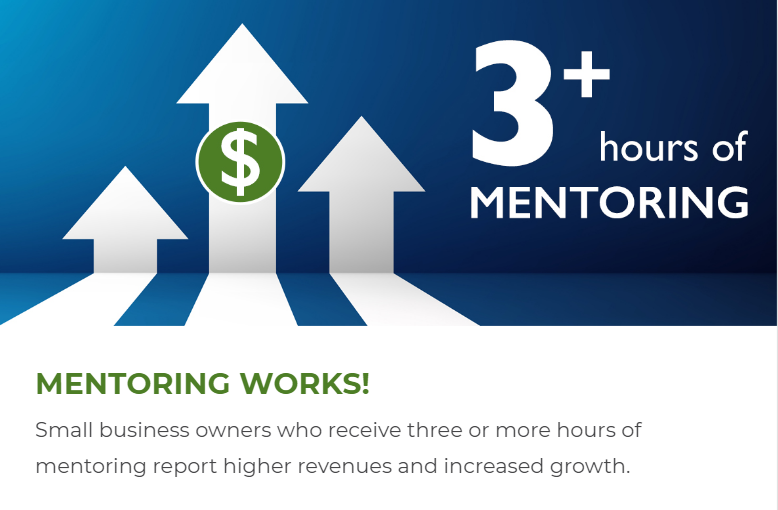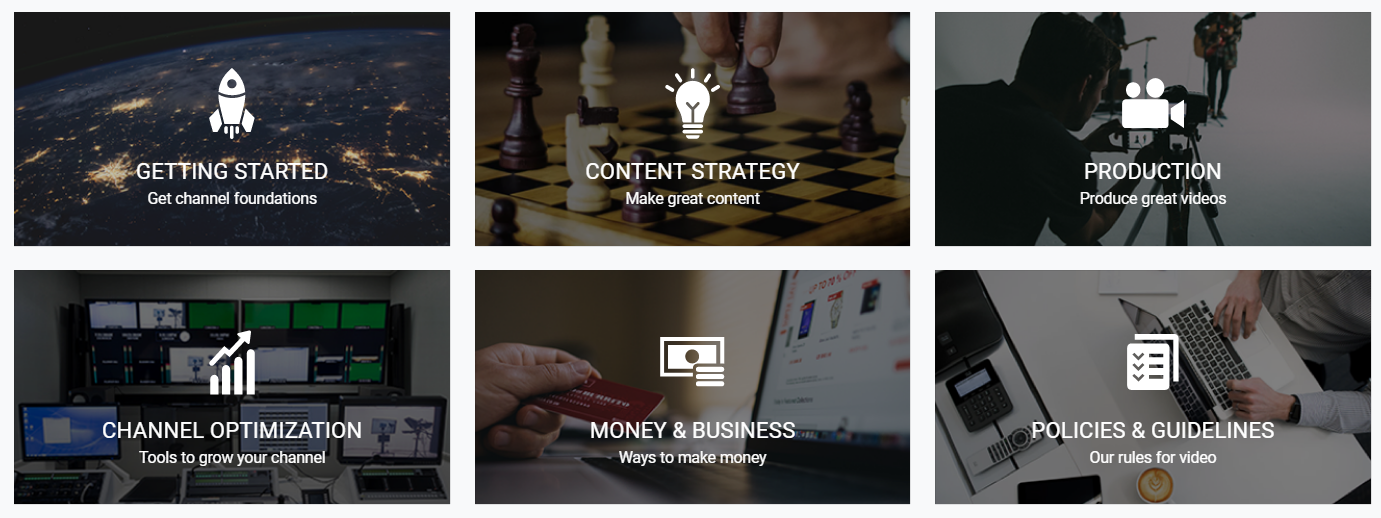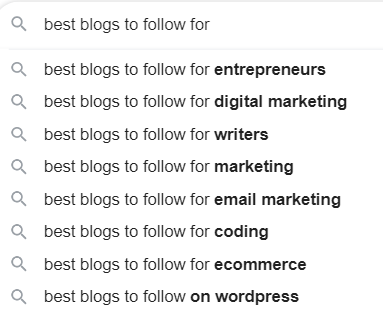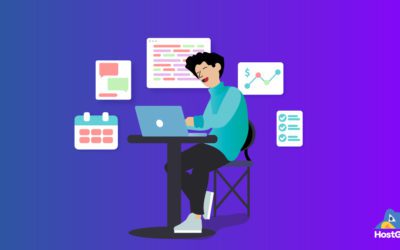If you’re ready to make a career change but need to retrain on a budget, you’re in the right place. Welcome to our blog series, Reinventing Your Career During COVID!
In this article series, we cover the basics of changing careers during an already unprecedented time, including:
- Why now could be the best time to change your career.
- Where to pick up new career skills without taking on massive debt. (You are here!)
- How to line up financial and practical support as you launch your new career.
- How to build your new personal brand.
- How to make your personal portfolio website to reach employers or clients.
- How to promote yourself in your new field so you can find the work you want.
Nearly every career change requires new skills, and that means an investment of time and money. (Not sure what training you need for your dream career? Start with the training portal at CareerOneStop, the U.S. Department of Labor’s career site. It also lists tons of retraining resources for veterans.)
For some career moves, like switching from a chef to a CPA or an RN, you’ll probably need to go back to school. If that’s you, an accredited online or hybrid degree program can be cheaper and more flexible than a traditional on-campus program.
If your new career doesn’t require a new degree, you may be able to build the skills you need with some of these free and low-cost resources.
1. Apprenticeships: paid on-the-job training in your new field
Apprenticeships are like an internship, but so much better. Apprenticeship.gov breaks down why:
- You get paid.
- You get on-the-job learning and mentorship.
- You may get classroom training and college credit without college debt.
- You can earn a credential in your new field.
So, where do you find these awesome opportunities? The government’s Apprenticeship Job Finder lets you search by location, job type and employer.
2. Mentorships: free advice from business experts who’ve been there
Starting your own business? Get a SCORE volunteer mentor for free. The U.S. Small Business Administration matches new entrepreneurs with experienced business owners to help them get off the ground and earn more money.

Enter your ZIP code in SCORE’s mentorship locator and see who’s available in your area.
3. Online training platforms: courses and certifications when you need them
What if you’re ready to start building a set of skills that you can grow along with your new career, like digital marketing or Python programming?
An online training platform may be the way to go. Here are just a few of your many options:
For learning to code
Here are some of the most popular online code training resources:
- FreeCodeCamp offers more than 6,000 tutorials and paths to certification in responsive web design, data visualization, quality assurance, data analysis with Python and more. And yes, the courses are free.
- Treehouse organizes its courses along tracks like front end web development, Python, web design, C#, Android and more. Monthly subscriptions range from $25 to $199 and come with increasing levels of content access, feedback and community support.
- Codecademy breaks courses out by technology (Python, JavaScript) and by career path (data scientist, full-stack engineer). There’s a free version and a monthly subscription starting at $20/month.
There’s a brand-new option, too: Google Career Certificates. Google and online learning hub Coursera now offer inexpensive certification programs in
- Android development
- Data analytics
- IT support
- Project management
- UX design
Google says the courses are designed for people with no prior experience and require less than 10 hours of study time per week. The Android course is free but has a $149 exam fee; the other certification courses cost $39 a month for a Coursera subscription, for as long as it takes you to complete the program.
For earning your real estate license
Preparing for your state’s real estate broker exam is a big deal, but there are plenty of real estate schools online that can help you meet the benchmarks for a few hundred dollars. Three of the biggest are the CE Shop, Kaplan, and AceableAgent.
For becoming a content creator
YouTube’s Creator Academy offers free courses that can take you from brand-new beginner to livestreaming and monetizing your content.

4. Video tutorials: fast, free skills training
Speaking of YouTube, it’s the best place to find free instruction on, well, pretty much everything. Need to learn how to use Adobe Photoshop, level up your cake decorating skills, or build a WordPress website for your new business or your career portfolio? You’ll find it there.
5. Blogs: niche knowledge for your new career
For a steady stream of info and inspo, blogs are hard to beat. There are lots of bloggers out there who’ve made a career for themselves and are ready to share tips and resources with people who are interested in their field, whatever that may be.

Start with a search for the best blogs in your niche and check out a few. Look for blogs run by people who have proven chops in their field and who keep the comments section focused and professional. Check out our blog roundups:
6. Podcasts: career change resources on the go
Want to hear about dealing with career-change challenges from people who’ve been there? These podcasts can talk you through it:
- Career Change Maker host Janine Esbrand takes on topics like whether you need to retrain, how to toot your own horn, mining your experience for opportunities and more.
- Pivot host Jenny Blake takes a holistic approach to making changes, with guests like Seth Godin and topics like staying relevant and dealing with imposter syndrome.
- Switch, Pivot or Quit host Ahyiana Angel switched from sports publicist to author, and her podcast is full of practical advice and insights from experts in different industries. Highly relevant episode: Career Transitions Without Spending Thousands of Dollars.
Finally, check out your hometown community college, even if you don’t need credit hours toward a degree. Most CCs offer affordable continuing education classes to help you pick up skills for your new career.
In our next post in this series, we’ll show you where to find grants, scholarships and other financial support for your career switch, as well as peer support that can be priceless.
In the meantime, start planning your personal portfolio website for your new career.



![How to Create Your Freelance Brand [5-Step Guide]](https://mdvirtue.com/wp-content/uploads/2022/02/How-to-Create-Your-Freelance-Brand-5-Step-Guide-400x250.jpeg)
![How to Build a Coaching Website on WordPress [Expert Guide]](https://mdvirtue.com/wp-content/uploads/2022/02/How-to-Build-a-Coaching-Website-on-WordPress-Expert-Guide-400x250.jpeg)

0 Comments